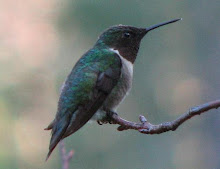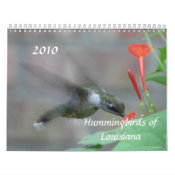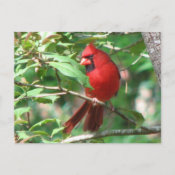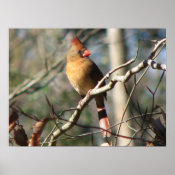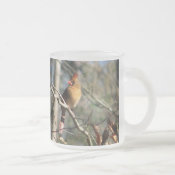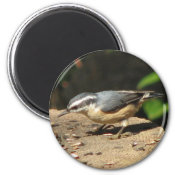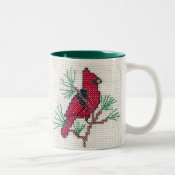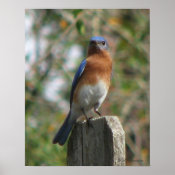The Northern Cardinals and many of the other song birds have been prolific this year. We are beginning to see the female Cardinals feeding fledglings, so that means that this is the last brood. Some of the pairs have raised 3 broods this year. Other success stories include: Carolina Chickadees, Tufted Titmice, Carolina Wrens, Eastern Towhees, Eastern Bluebirds and Prothonotary Warblers. To see photos and read more about Northern Cardinals visit our Squidoo lens, The Cardinal's Nest.
A pair of Carolina Wrens has been keeping us entertained with their nesting antics. Their first nest was in a Christmas Wreath that was not taken down in a timely manner. The second nest was in a hanging basket a few feet away from the wreath and the third nest is on the window ledge in the small space by our emergency a/c window unit. As I type, I can hear the babies cheeping as the parents feed them. Our Squidoo lens, Carolina Wren's Nest has information and recent photos of all of the nests.
Today we transferred the more recent blog posts from our Little Tchefuncte Hummingbird Hill web site to here at Blogger. If you'd like to read some of the pre-Katrina posts, here's the link to our old Blog.
merry1
7 years ago
